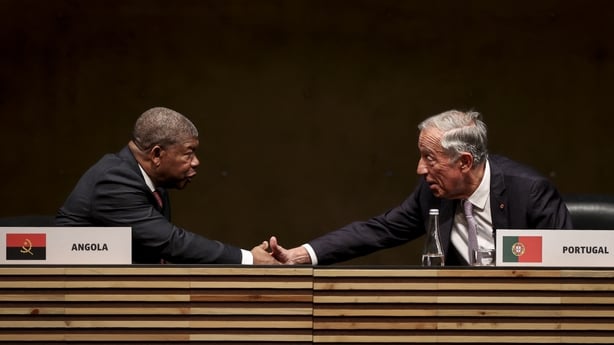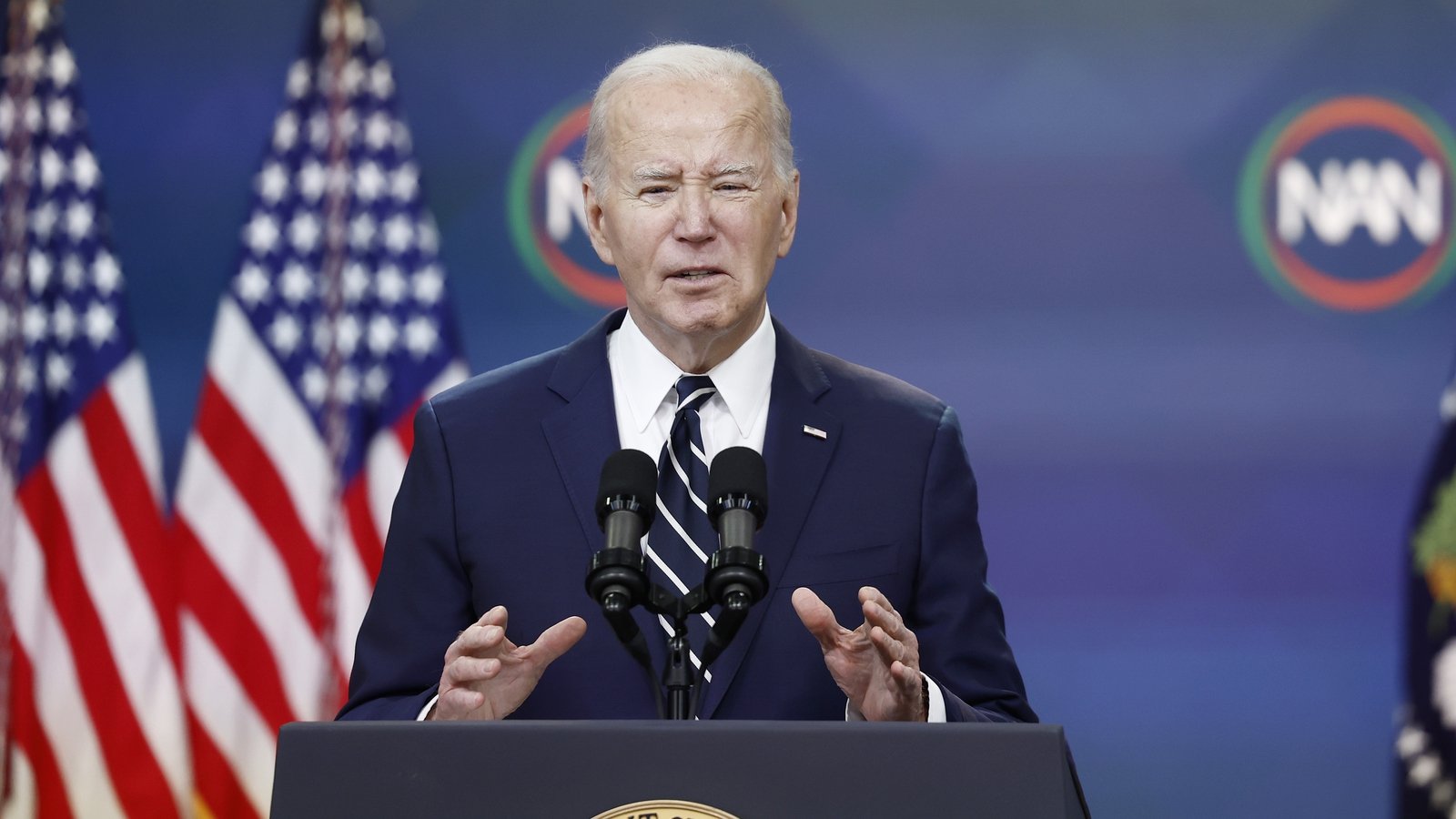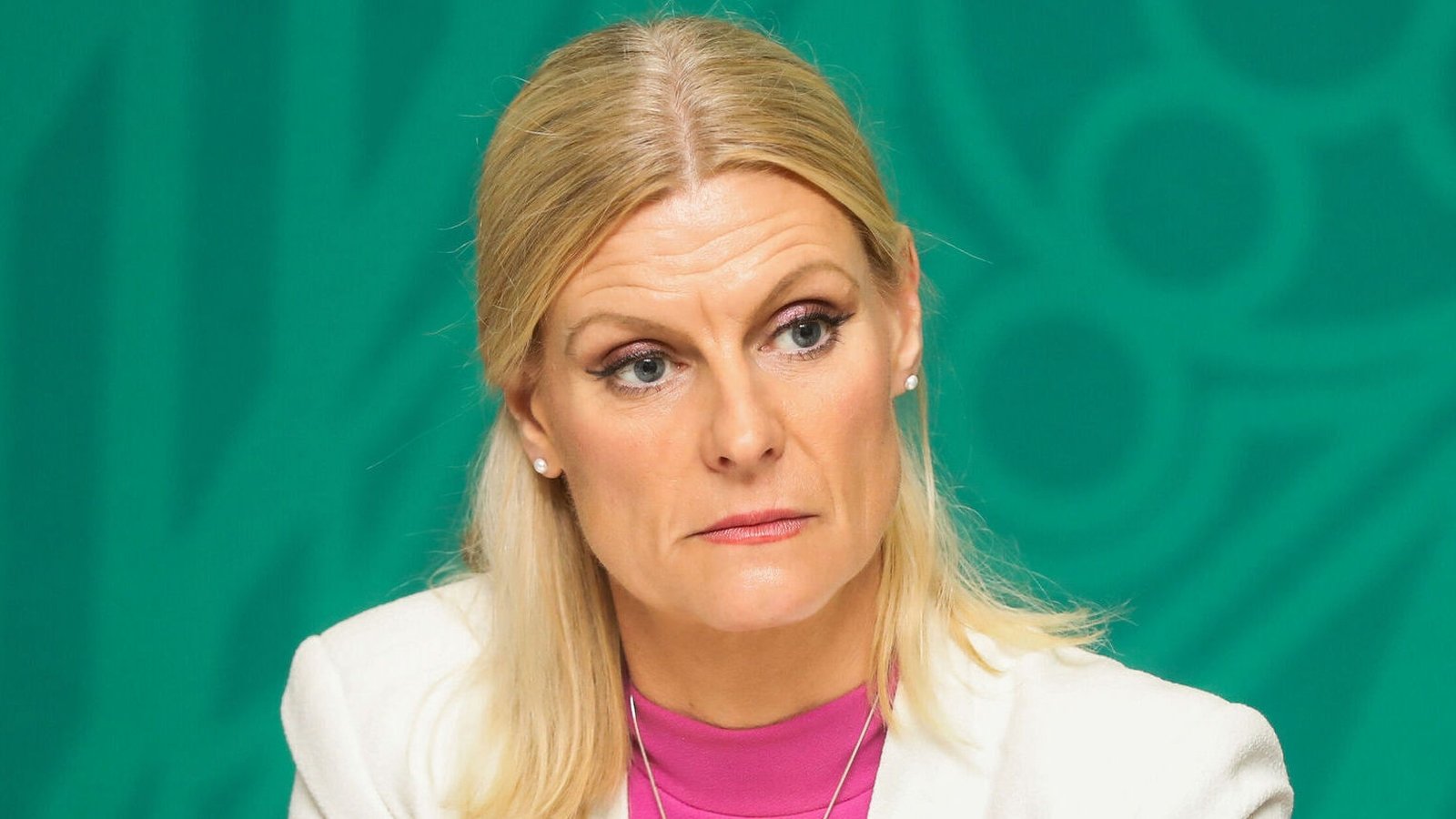Portugal’s government rejects paying slavery reparations

Portugal’s government has said it refuses to initiate any process to pay reparations for atrocities committed during transatlantic slavery and the colonial era, contrary to earlier comments from President Marcelo Rebelo de Sousa.
From the 15th to the 19th century, 6 million Africans were kidnapped and forcibly transported across the Atlantic by Portuguese vessels and sold into slavery, primarily in Brazil.
Mr Rebelo de Sousa had said Portugal could use several methods to pay reparations, such as cancelling the debt of former colonies and providing financing.
The government said in a statement sent to the Portuguese news agency Lusa it wants to “deepen mutual relations, respect for historical truth and increasingly intense and close co-operation, based on the reconciliation of brotherly peoples”.
However it added it had “no process or program of specifications” for paying reparations, noting this line was followed by previous governments.

It called relations with former colonies “truly excellent” and cited cooperation in areas such as education, language, culture, health, in addition to financial, budgetary and economic cooperation.
Comments from the president sparked strong criticism from right-wing parties, including the junior partner of the Democratic Alliance government coalition, CDS-Popular Party, and the far-right Chega.
“We cannot put this under the carpet or in a drawer. We have an obligation to pilot, to lead this process (of reparations)”, the president told reporters.
Portugal’s colonial era lasted more than five centuries, with Angola, Mozambique, Brazil, Cape Verde, Sao Tome and Principe, East Timor and some territories in Asia subject to Portuguese rule.
Decolonisation of the African countries and the end of empire in Africa only happened months after Portugal’s “Carnation Revolution” on April 25, 1974, toppled the longest fascist dictatorship in Europe and ushered in democracy.




